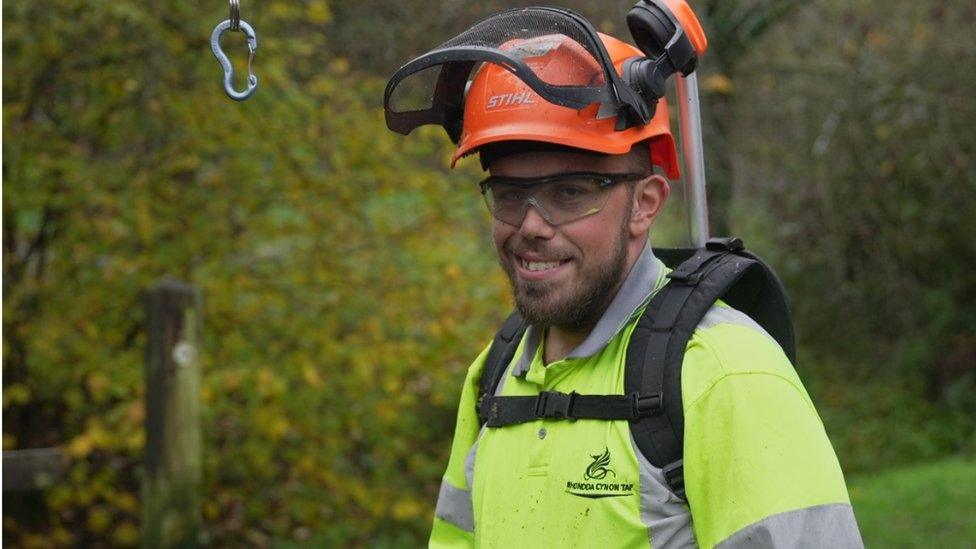Middlesbrough: Vulnerable autistic man feels 'trapped' in home
- Published
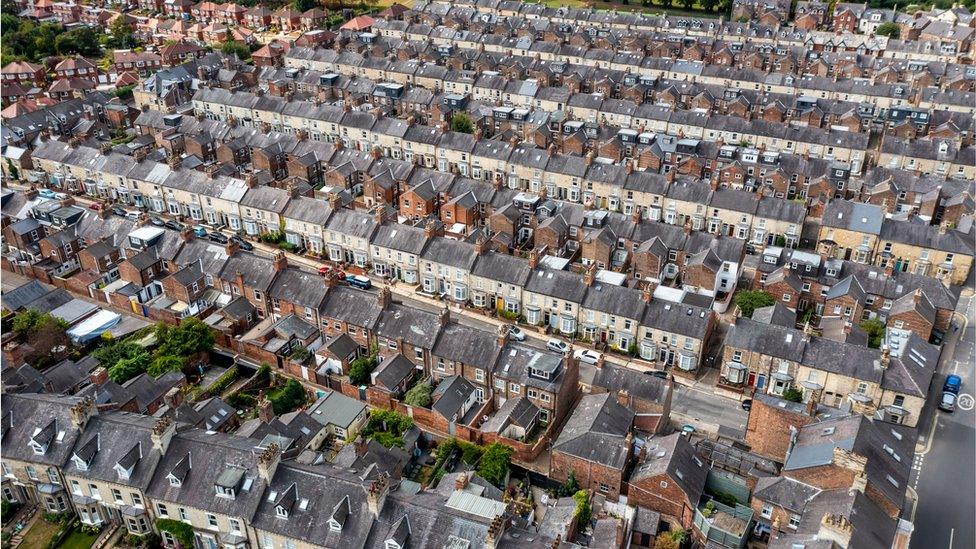
Campaigners are calling for more housing support for people with autism
People with 'invisible' disabilities are lingering in inappropriate accommodation because of gaps in the housing system, campaigners say.
Left suicidal over housing issues, an autistic Middlesbrough man is among those calling for change.
He does not meet the criteria for specialist accommodation, but faces a daily struggle to cope with living in a property unsuitable for his needs.
Campaigners believe the current system ignores the needs of the neurodiverse.
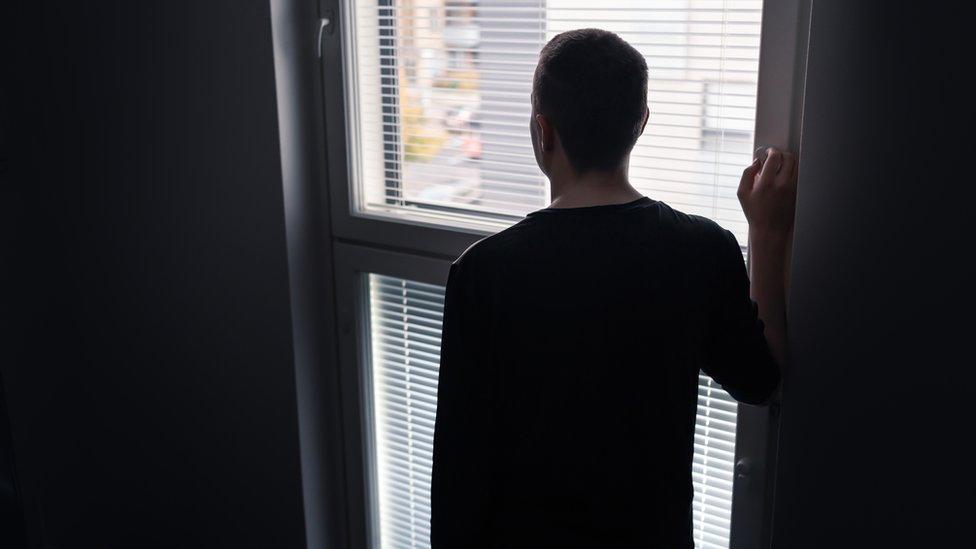
Lee - not his real name - feels trapped in his housing association property
The 37-year-old, who the BBC is calling Lee, lives independently in a one-bedroomed flat managed by housing providers Thirteen, external.
After noise from neighbours and anti-social behaviour caused him to suffer repeated "meltdowns", he requested a move to accommodation more suited to his needs.
However, Middlesbrough Council does not commission specific accommodation for those with autism.
It can access housing suitable for those with complex care and support needs - but Lee has been assessed and, despite submitting supportive medical evidence, does not meet the criteria.
He feels trapped and has considered taking his own life, with mental health crisis teams called to his aid twice recently.
'There will be deaths'
"I'm not asking for the moon on a stick, I just want to live somewhere suitable and quiet," he said.
"I don't understand why there's specialist housing and quiet bungalows for older and physically disabled people, but nothing for the neurodiverse.
"We still have needs and if nothing is done about this situation, there will be deaths."
Thirteen's executive director, David Ripley, said the company takes reports of noise and anti-social behaviour seriously, adding that appropriate steps were taken when Lee reported noise issues.
'Appropriate housing is crucial'
The National Autistic Society says appropriate housing is crucial in enabling some autistic people to live independently.
But the right housing options are often unavailable, said policy and public affairs manager Joey Nettleton Burrows.
"Living in noisy neighbourhoods, by busy roads or bright lights, or surrounded by neighbours who just don't understand, can be unbearable," he said.
"Everyone deserves a suitable home, but too often autistic people are denied that right."
He said the situation is having extreme negative consequences, including long delays in discharging autistic inpatients from mental health settings.
'Invisible to landlords'
The Social Housing Action Campaign's Disability Visibility Charter, external encourages landlords to make reasonable adjustments for those with non-visible disabilities.
Calling for a tailored approach to housing for those with non-visible disabilities, a spokeswoman said housing associations are overlooking the needs of a considerable proportion of tenants and residents whose needs are "invisible to landlords" because they are not physical.
A government spokesman said it is bringing in measures to ensure councils are considering the housing requirements of disabled people.
He said the government's £11.5bn Affordable Homes Programme is investing in a new supply of supported housing, adding: "We recognise the growing demand for specialist and supported housing, including for autistic people."
If you have been affected by the issues raised in this story, help and support is available via the BBC Action Line

Follow BBC Tees on Facebook, external, X (formerly Twitter), , externaland Instagram, external. Send your story ideas to northeastandcumbria@bbc.co.uk, external.
Related topics
- Published3 November 2023
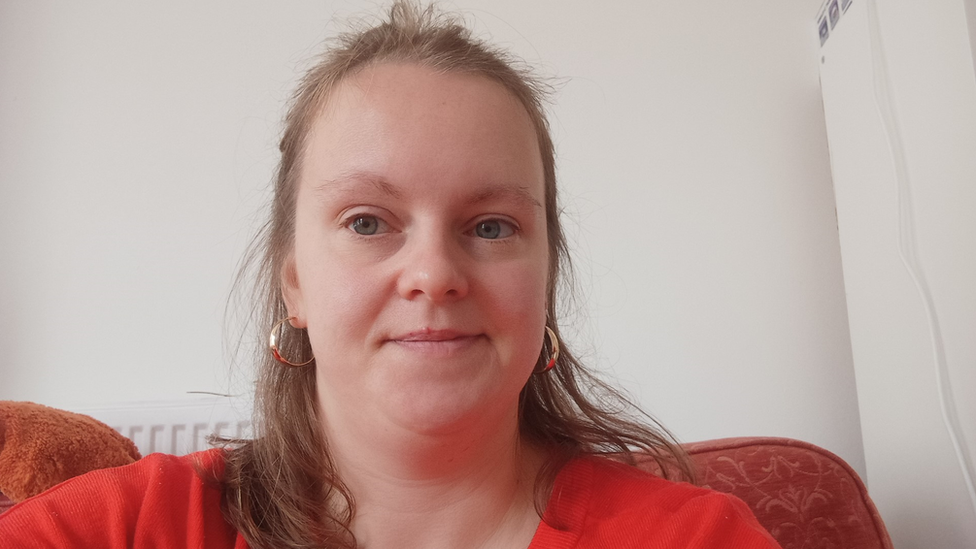
- Published4 August 2023
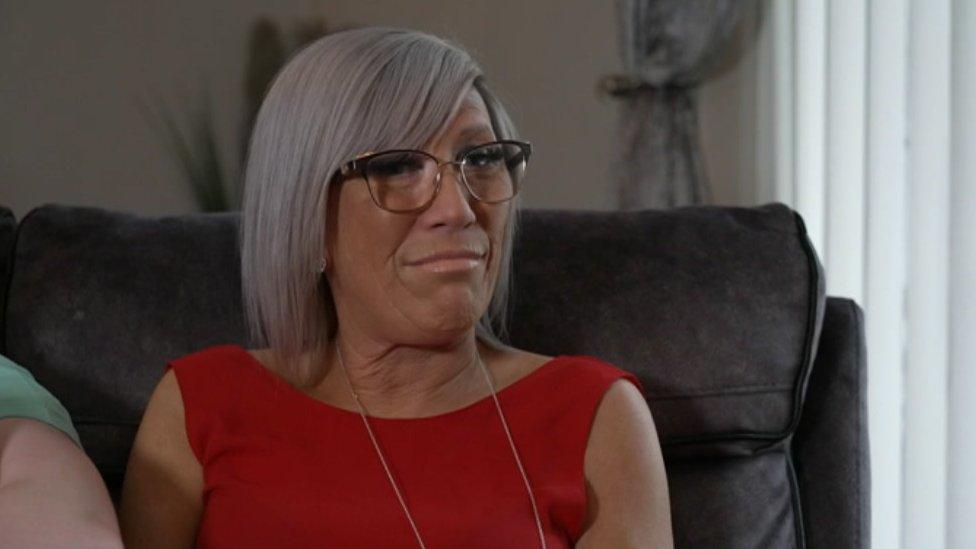
- Published14 November 2023
